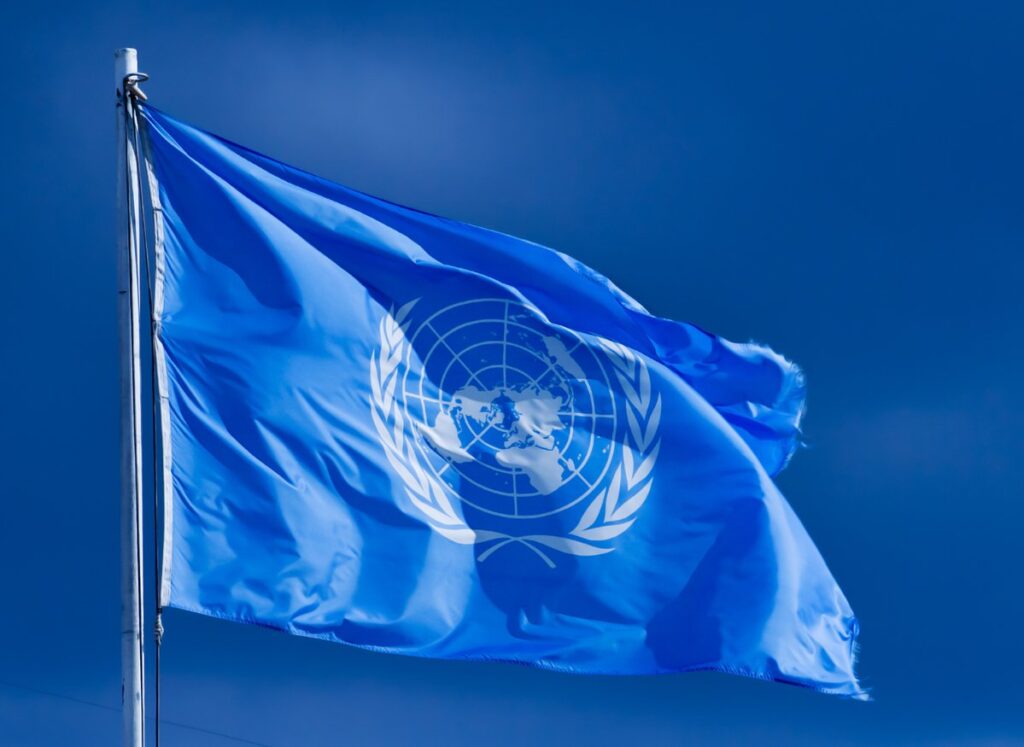The United Nations Development Programme (UNDP) has made a significant stride in its commitment to leveraging blockchain technology for sustainable development by launching its Blockchain Academy globally. Following a successful beta phase that certified over 30 UN personnel, the Academy is now extending its training to 24,000 personnel worldwide, including staff from UNDP, UN Volunteers, and the United Nations Capital Development Fund (UNCDF).
The announcement of the expanded initiative was made on November 19, 2024, marking a pivotal moment in UNDP’s efforts to equip its personnel with practical knowledge of blockchain technology and its applications in development projects. In collaboration with the Algorand Foundation, the training programme aims to empower participants to design blockchain solutions while fostering a community of practice for collaboration and knowledge sharing.
Burcu Mavis, the blockchain academy and accelerator lead at UNDP, emphasized the transformative potential of emerging technologies like blockchain in delivering development solutions. The academy’s curriculum has evolved significantly since its inception, with a focus on practical applications of blockchain technology in sustainable development projects.
Doro Unger-Lee, head of education and financial inclusion at the Algorand Foundation, highlighted the transparency and efficiency of blockchain technology in making sustainable development programs more impactful. The partnership between UNDP and the Algorand Foundation aims to enhance understanding of blockchain technology among personnel.
UNDP’s journey with blockchain began in 2015, leading to the implementation of various blockchain solutions in multiple countries. Through its Alternative Finance Lab, UNDP collaborates with the Algorand Foundation and other blockchain partners to accelerate blockchain adoption in development through training initiatives, project incubation, technical support, and knowledge sharing across the UN system.
The Algorand Foundation’s involvement extends beyond the Blockchain Academy, with initiatives focused on increasing access to blockchain-based cash assistance during humanitarian crises. This aligns with UNDP’s mission of combating poverty, inequality, and climate change by leveraging blockchain solutions to enhance transparency, efficiency, and inclusion in development programs.
The Algorand blockchain’s features, including low fees, instant finality, and minimal carbon footprint, make it particularly suitable for development applications. Its accessibility and support for common programming languages like Python have attracted millions of users and developers.
The expansion of the Blockchain Academy demonstrates UNDP’s commitment to mainstreaming blockchain technology within the UN. By providing comprehensive training to thousands of personnel, UNDP is at the forefront of technological innovation in international development, enabling its workforce to leverage blockchain solutions for maximum social impact.
The global rollout of the academy underscores UNDP’s dedication to building internal capacity for blockchain technology implementation, potentially transforming how international development programs are designed and delivered. This initiative could serve as a model for other international organizations seeking to integrate blockchain technology into their operations, further advancing sustainable development goals.
In conclusion, the UNDP’s Blockchain Academy represents a significant step towards harnessing the potential of blockchain technology for sustainable development, paving the way for a more inclusive and efficient approach to international development.

